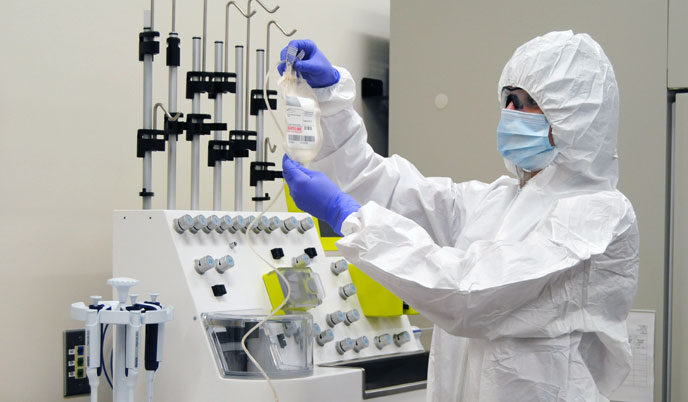
Cell therapy for Sjögren’s disease earns FDA Fast Track designation
A therapy currently being tested in a clinical trial at the University of Wisconsin School of Medicine and Public Health to treat a common symptom of Sjögren’s disease recently got a boost from the Food and Drug Administration.
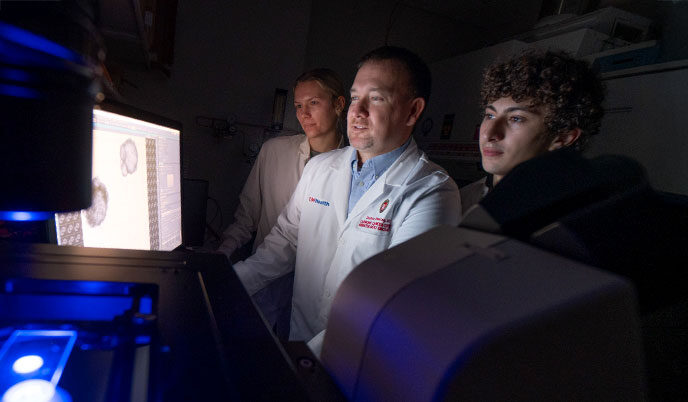
UW–Madison and Immuto Scientific to collaborate on novel cancer target discovery
University of Wisconsin–Madison and Immuto Scientific have officially entered into a collaborative agreement to identify disease-specific, novel therapeutic targets in colorectal cancer.
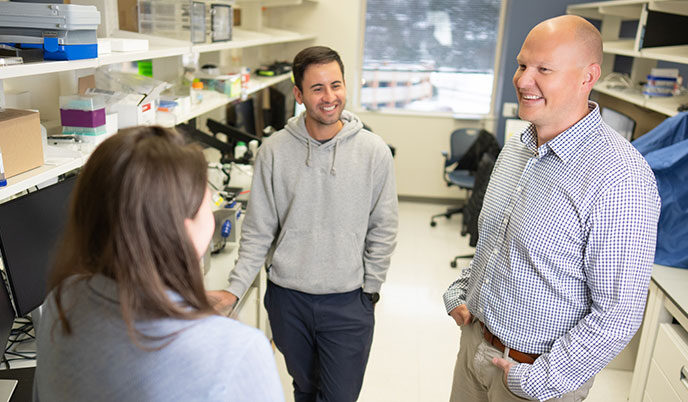
Q&A: Christopher Sundberg on the role of muscles in the aging process
What determines healthspan, the term used to describe the number of years people live in good health and free from chronic disease? Muscle physiology plays a key role.
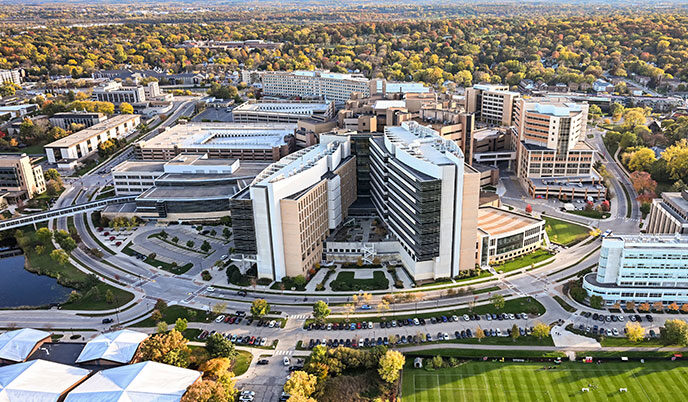
Top ten research stories for 2025
The numbers are in — the end-of-year web analytics, that is — and they show robust interest in research at the UW School of Medicine and Public Health! In 2025, articles about new discoveries and one-on-one interviews with researchers were among the most-viewed stories of the year.

Improv class for health professions students builds communication skills
An innovative approach borrowed from the performing arts is helping health professions students at the University of Wisconsin School of Medicine and Public Health strengthen their ability to engage in active listening and think on their feet, which are key skills they will need throughout their careers.

Faculty awardees honored by chancellor
Nine faculty from the University of Wisconsin School of Medicine and Public Health were among the award-winning UW faculty honored by Chancellor Jennifer Mnookin at Olin House on October 30. These faculty have all received high honors from professional societies or the United States government.

UW launches new research center to examine aging and age-related diseases
A new research center at the University of Wisconsin School of Medicine and Public Health will focus on understanding how metabolic changes associated with aging influence health and cause disease.
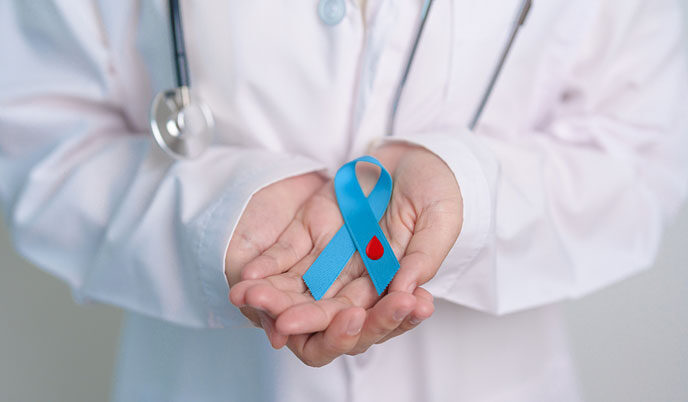
UW researchers tackle diabetes from multiple angles
Diabetes is a growing epidemic in Wisconsin. Its rise has been linked to limited access to healthy food and health care in some communities, lower levels of physical activity, and a rise in obesity, among other factors.

Q&A: Joshua Lang on new research on treatment-resistant prostate cancer
A five-year, $12.5 million grant has been awarded to researchers at UW–Madison to investigate metastatic, or advanced stage, prostate cancer, the second most common cause of cancer death in men.
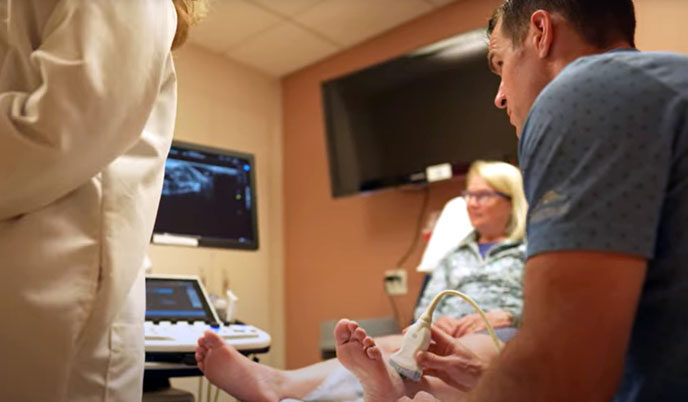
Improving rural access to rheumatology care
A new collaborative training program, known as STARS-R aims to help rural primary care physicians build skills in managing existing patients with rheumatologic conditions by pairing them with professors of rheumatology from the UW School of Medicine and Public Health.

Alzheimer’s blood test validated with help from UW–Madison data
The first blood plasma test to identify hallmarks of Alzheimer’s disease was cleared in May by the U.S. Food and Drug Administration (FDA), and University of Wisconsin researchers provided a portion of the samples used in the clinical validation test.
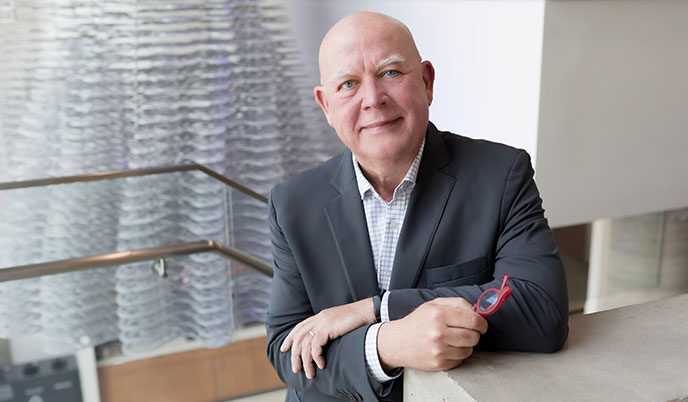
Q&A: Jacques Galipeau on cell therapies to cure disease
Dr. Jacques Galipeau is the associate dean for therapeutics development and the director of the Program for Advanced Cell Therapy (PACT), a collaboration between UW Health and the University of Wisconsin School of Medicine and Public Health that aims to bring innovative cell therapies to patients. He is also a practicing hematologist, treating patients with blood clot disorders, anemia, and other diseases and conditions.